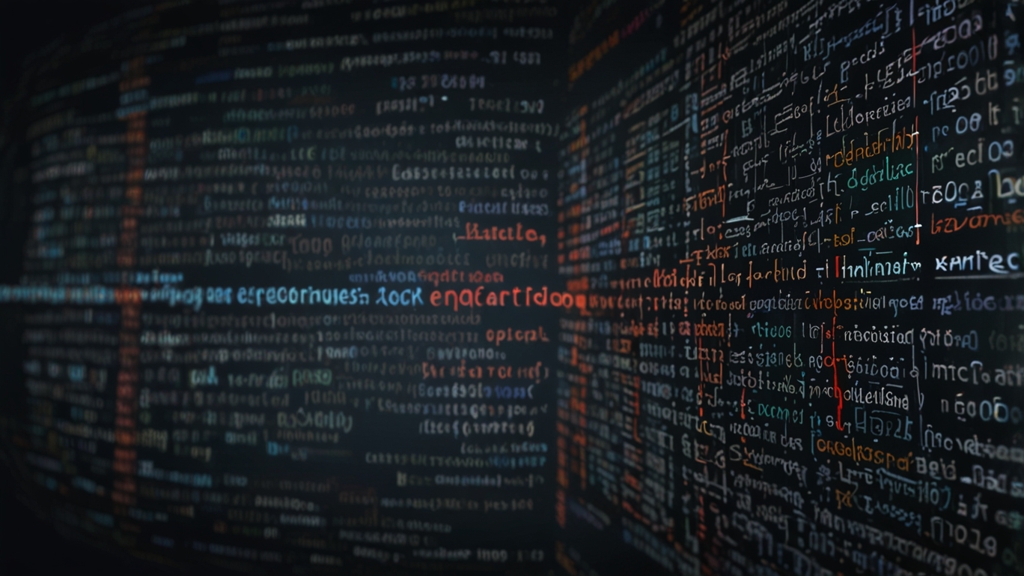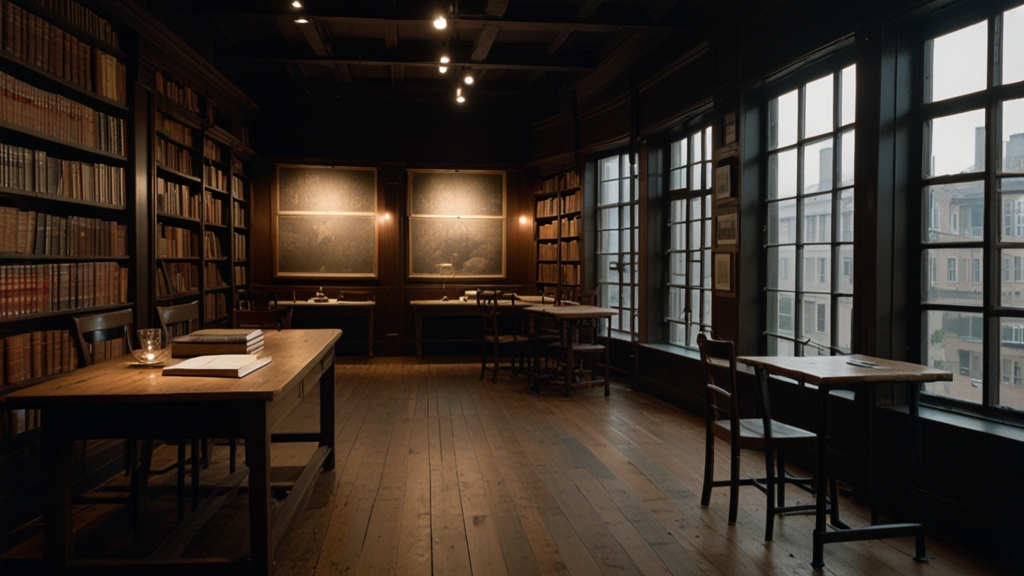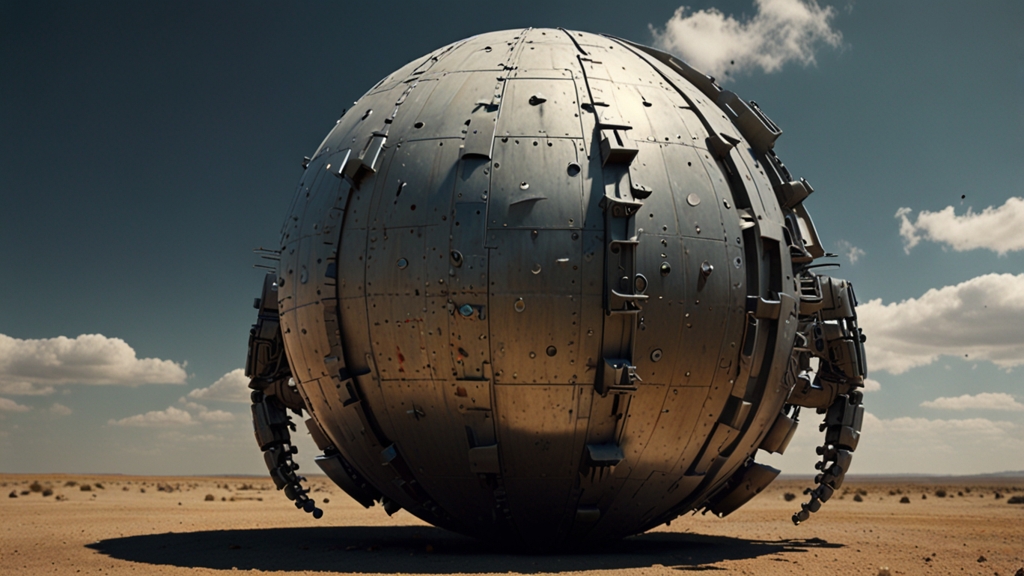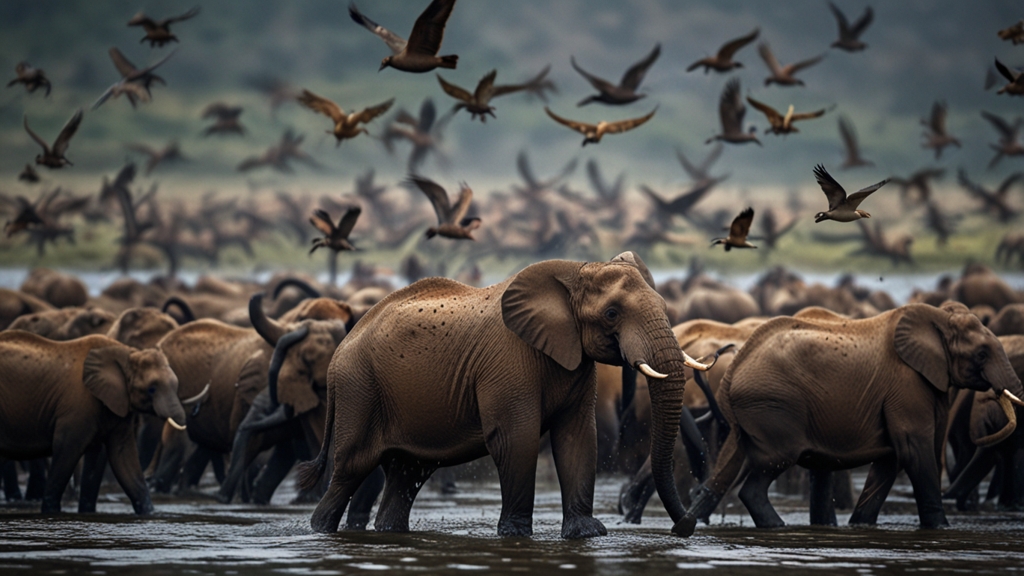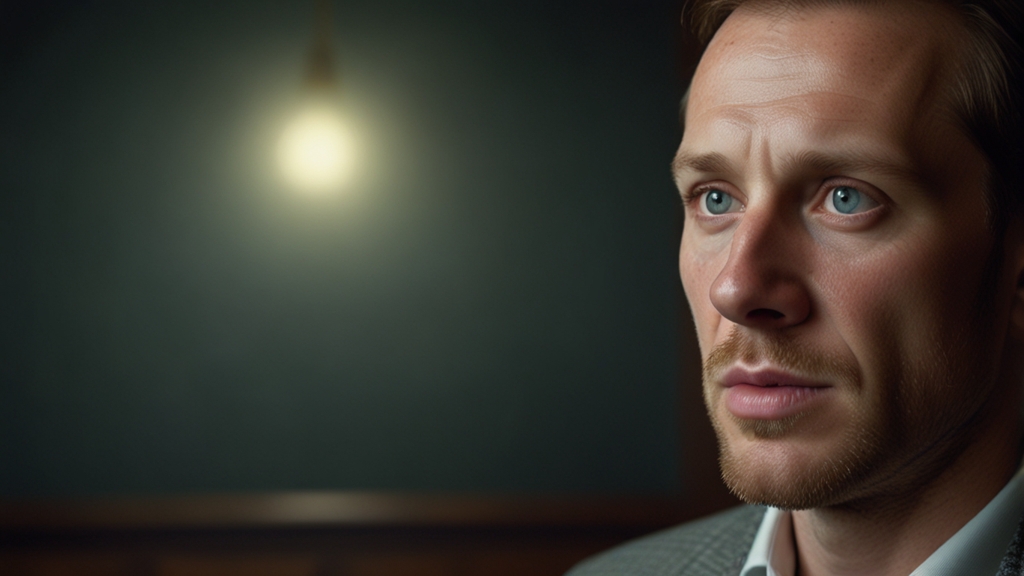Are We on the Brink of Discovering a New Ancient Civilization?
In recent years, there has been a surge of interest and speculation about the possibility of discovering a previously unknown ancient civilization. This excitement is not unfounded, as advances in technology, new archaeological findings, and a deeper understanding of human history come together to paint an intriguing picture of our past.
The Role of Advanced Technology
One of the most significant factors propelling the search for new ancient civilizations is the advent of advanced technologies. Techniques such as LiDAR (Light Detection and Ranging), ground-penetrating radar, and satellite imagery have revolutionized the field of archaeology. These technologies allow researchers to peer beneath dense jungle canopies, explore submerged landscapes, and even detect anomalies buried deep underground without the need for invasive excavation.
"LiDAR technology has been a game-changer, revealing the hidden remnants of entire cities lost to time under dense forest canopies," says Dr. Emily Paulson, an archaeologist specializing in Mesoamerican studies.
For example, LiDAR scans of the Guatemalan rainforest have uncovered sprawling Mayan cities with complex infrastructures, indicating a much more sophisticated civilization than previously believed. Similarly, satellite imagery has revealed what could be the remains of ancient cities along the trans-Saharan trade routes in Africa, suggesting a thriving network of commerce and culture long before European explorers arrived.
New Archaeological Discoveries
The physical evidence of unknown civilizations is also coming to light through renewed and persistent archaeological efforts. In Turkey, the excavation of Göbekli Tepe has challenged traditional narratives about the origins of civilization. This site, dating back to around 9600 BCE, features large megalithic structures that predate the advent of agriculture, implying that complex societal structures may have existed far earlier than historians initially thought.
In another groundbreaking discovery, marine archaeologists have been exploring the submerged remains of what appears to be a sophisticated coastal city off the coast of India. The ruins, thought to be around 9,000 years old, could rewrite our understanding of human settlement patterns, trade networks, and the timeline of ancient human development.
Reevaluating Historical Timelines
As new findings emerge, historians and archaeologists are reevaluating long-held assumptions about ancient civilizations. The traditional view places the cradle of civilization in the fertile crescent of Mesopotamia around 3000 BCE. However, sites like Göbekli Tepe and coastal ruins around the world suggest that humanity’s journey towards social complexity and urban living might have begun much earlier and in diverse locations globally.
"We must remain open to the idea that our historical narratives are incomplete and that new discoveries can vastly alter our understanding of the past," emphasizes Professor Alan Richter, a historian at Cambridge University.
Challenges and Controversies
The path to discovering a new ancient civilization is fraught with challenges and controversies. The interpretation of data, the dating of artifacts, and the reconstruction of ancient societies are all subject to rigorous scrutiny and debate. Additionally, the idea of a new ancient civilization often flies in the face of established academic theories, leading to resistance from some quarters of the scholarly community.
Moreover, the political and cultural implications of such discoveries cannot be underestimated. New findings can impact national identities, historical claims, and even contemporary geopolitical relationships. Therefore, it's crucial for researchers to approach these discoveries with a balanced perspective and a commitment to scientific integrity.
Conclusion
As we stand on the brink of potentially discovering a new ancient civilization, there is a palpable sense of excitement and wonder. Advances in technology, persistent archaeological efforts, and a willingness to reevaluate our historical narratives are uncovering new chapters of human history. Whether we are on the cusp of confirming a new ancient civilization or simply refining our understanding of known ones, these discoveries hold the promise of enriching our knowledge of humanity's remarkable journey through time.
"Every new find is a piece of the puzzle. We are constantly piecing together the vast mosaic of human history, and it's incredibly rewarding to see how each discovery, no matter how small, fits into the bigger picture," reflects Dr. Sarah Thompson, an archaeologist working in Central Asia.
